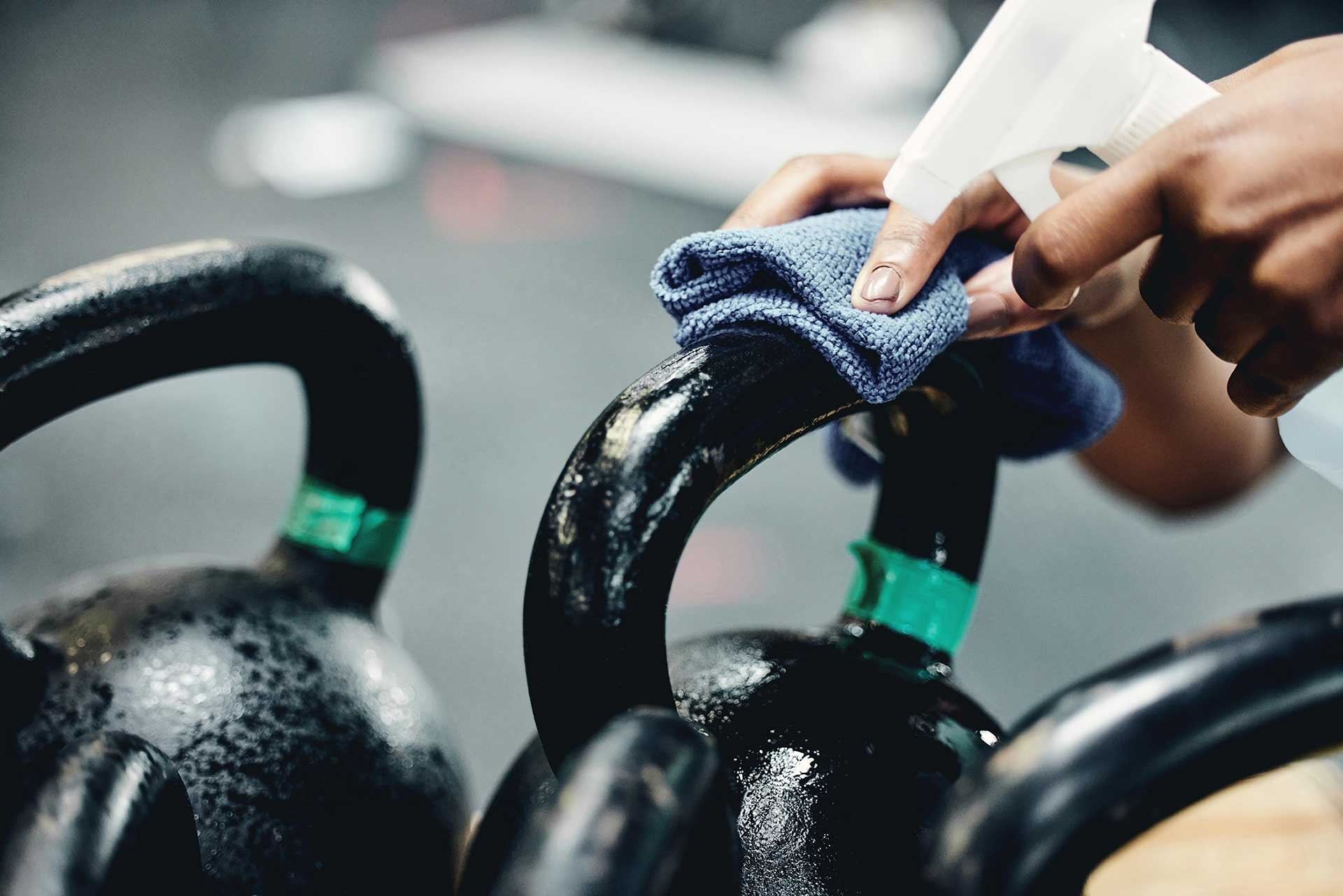A Guide to Proper Sports Hygiene: Staying Clean and Healthy During Workouts
- 17 July 2024
Maintaining sports hygiene during workouts is more than just about feeling fresh; it's a critical component of overall health and performance. Poor hygiene can lead to skin infections, unpleasant odors, and even serious health issues. This guide provides comprehensive tips on how to maintain proper hygiene before, during, and after workouts, ensuring you stay clean, healthy, and at the top of your game.
Pre-Workout Hygiene
Clean Workout Gear
Your workout clothes are a breeding ground for bacteria if not cleaned properly. Always wear freshly laundered clothes for each workout session. This includes socks, underwear, and any gear that comes in direct contact with your skin.
Shower Before Exercising
Taking a shower before working out might seem counterintuitive, but it helps remove bacteria and sweat from your body, reducing the risk of skin infections. Use an antibacterial soap for a more thorough cleanse.
Use Deodorant and Antiperspirants
Choose products that suit your skin type and activity level. Deodorants mask body odor, while antiperspirants reduce sweating. Applying these before you start your workout can keep you feeling fresh and confident.
During Workout Hygiene
Stay Hydrated
Hydration is key to maintaining healthy skin and overall body function during exercise. Drink water before, during, and after your workout to stay hydrated and help your body regulate temperature.
Wipe Down Equipment
Gyms can be hotspots for germs. Always wipe down equipment before and after use with disinfectant wipes or sprays provided by the facility. This practice helps prevent the spread of bacteria and viruses.
Hand Hygiene
Regularly sanitize or wash your hands during workouts for proper sports hygiene, especially if you are using shared equipment. Avoid touching your face to reduce the risk of transferring bacteria from your hands to your skin.
Post-Workout Hygiene
Immediate Shower
Showering immediately after your workout helps remove sweat, bacteria, and oils that have accumulated on your skin. Use a gentle, pH-balanced soap to clean your skin without stripping away natural oils.
Dry Off Thoroughly
Make sure to dry off completely, especially in areas prone to moisture like underarms, groin, and between toes. This helps prevent fungal infections such as jock itch and athlete's foot.
Launder Workout Clothes
Wash your workout clothes promptly after each use. Use a detergent that effectively removes sweat and odor while being gentle on the fabric. Avoid using fabric softeners as they can trap bacteria in the fibers.
Skin Care for Athletes
Dealing with Sweat and Oil
Sweat and oil can clog pores and cause skin issues. Use a gentle cleanser to wash your face and body after workouts. Look for products containing salicylic acid or benzoyl peroxide to combat acne.
Preventing and Treating Acne
Keep your skin clean and avoid wearing heavy makeup during workouts. If you have acne-prone skin, use non-comedogenic skincare products. Treat acne with appropriate over-the-counter treatments or consult a dermatologist if necessary.
Protecting Against Sun Damage
When exercising outdoors, always apply a broad-spectrum sunscreen with at least SPF 30. Reapply every two hours or immediately after sweating heavily. Consider wearing protective clothing and accessories like hats and sunglasses.
Foot Care for Athletes
Proper Footwear
Wearing the right shoes for your activity is essential to prevent injuries and maintain sports hygiene. Ensure your shoes fit well and are appropriate for the type of exercise you are doing.
Sock Hygiene
Choose moisture-wicking socks to keep your feet dry and prevent blisters. Change your socks immediately if they become wet or sweaty. Wash your socks after each use to prevent bacterial growth.
Dealing with Athlete's Foot
Athlete's foot is a common fungal infection among athletes. Prevent it by keeping your feet clean and dry, using antifungal powders or sprays, and avoiding walking barefoot in communal areas like locker rooms.
General Tips for Sports Hygiene
Personal Equipment Care
Clean and disinfect personal sports equipment regularly. Avoid sharing items like water bottles, towels, and personal protective equipment to reduce the risk of cross-contamination.
Gym Bag Hygiene
Keep your gym bag clean by wiping it down regularly and ensuring it is well-ventilated. Use separate compartments for dirty and clean items, and carry essentials like hand sanitizer, wet wipes, and extra clothes.
Healthy Diet and Hydration
A balanced diet supports your overall health and helps your skin stay resilient against sweat and bacteria. Drink plenty of water and eat a diet rich in fruits, vegetables, and lean proteins.
Good sports hygiene practices are essential for maintaining health and performance. By incorporating these habits into your routine, you can enjoy your workouts while minimizing the risk of infections and other health issues. Stay clean, stay healthy, and keep pushing towards your fitness goals with confidence.





